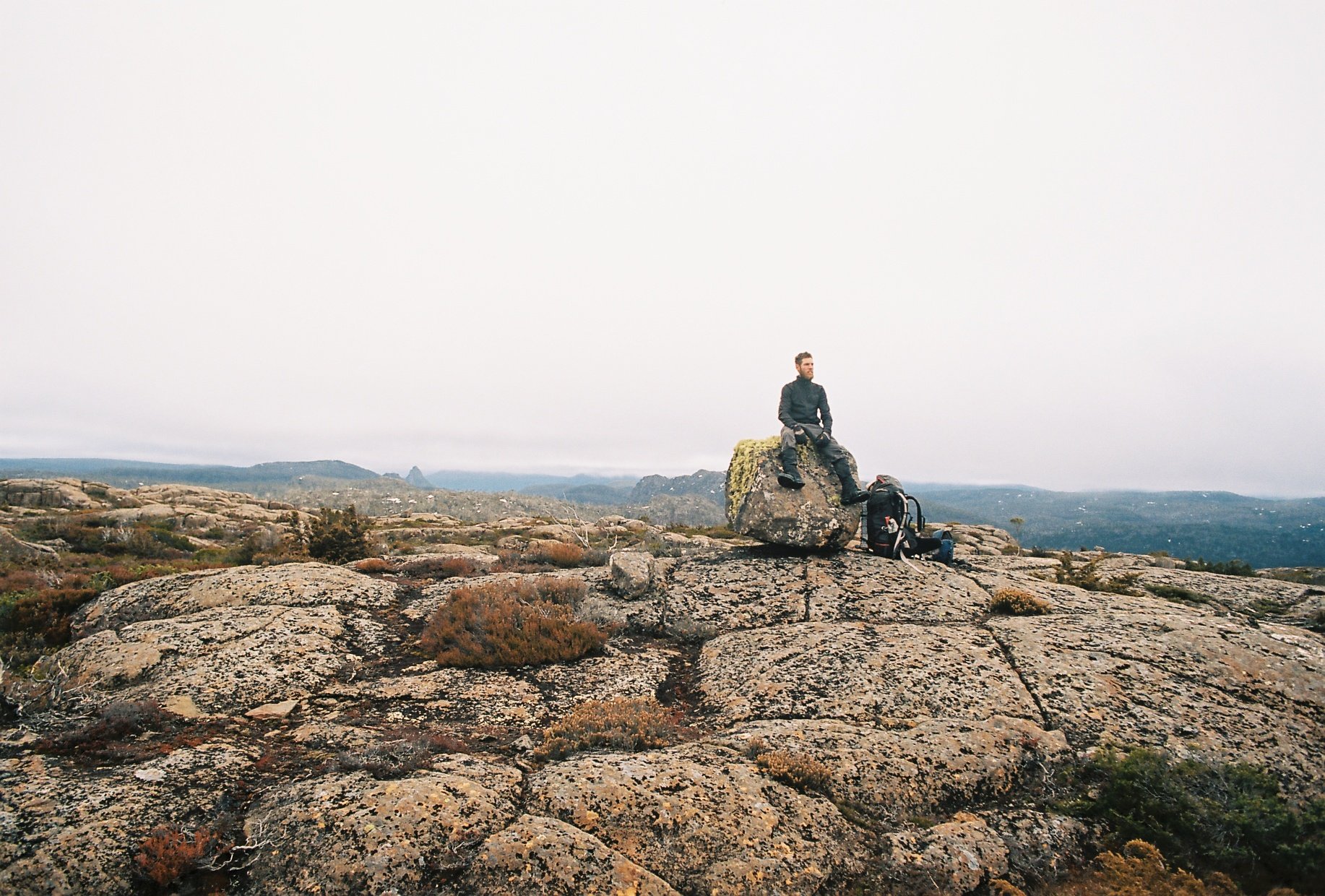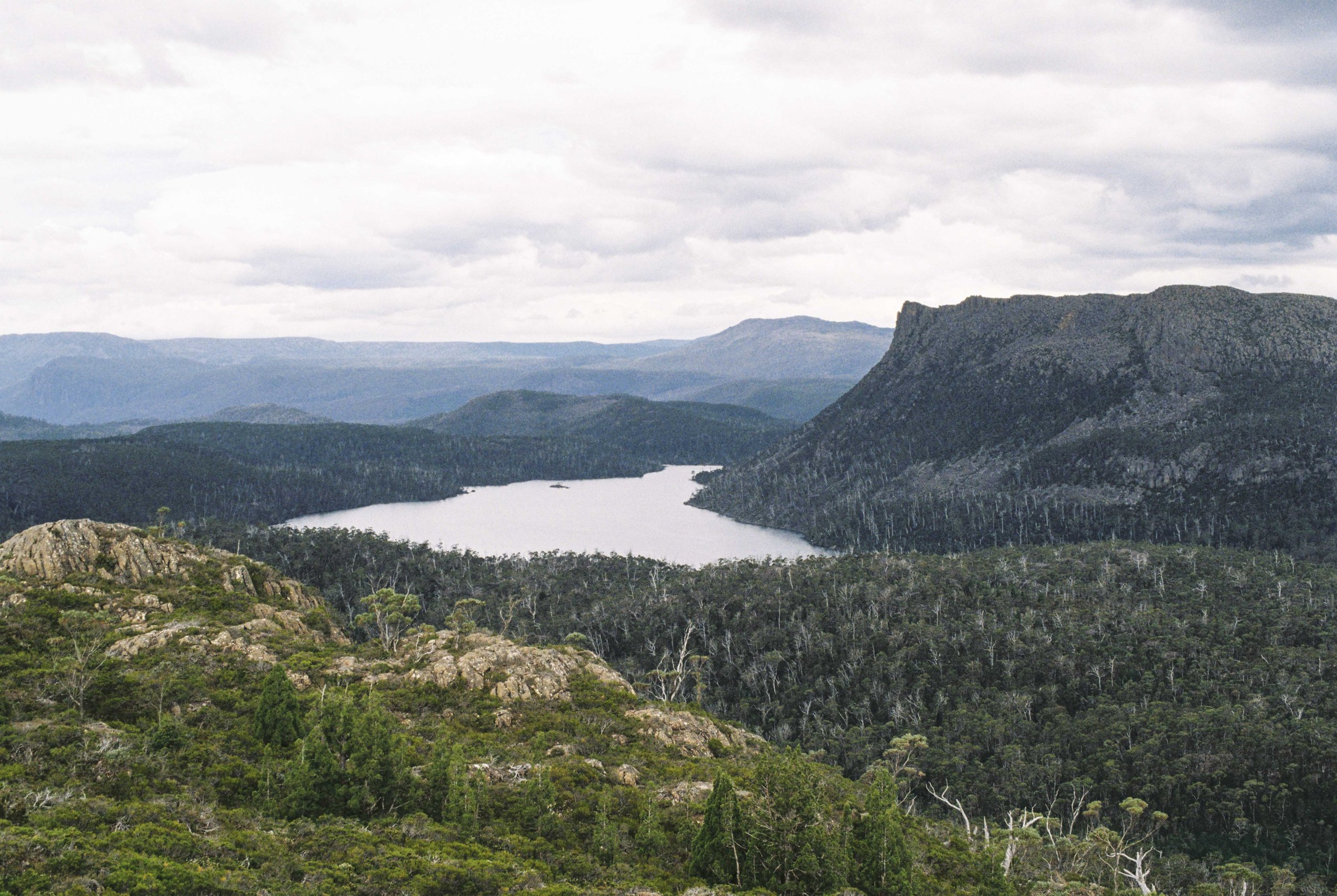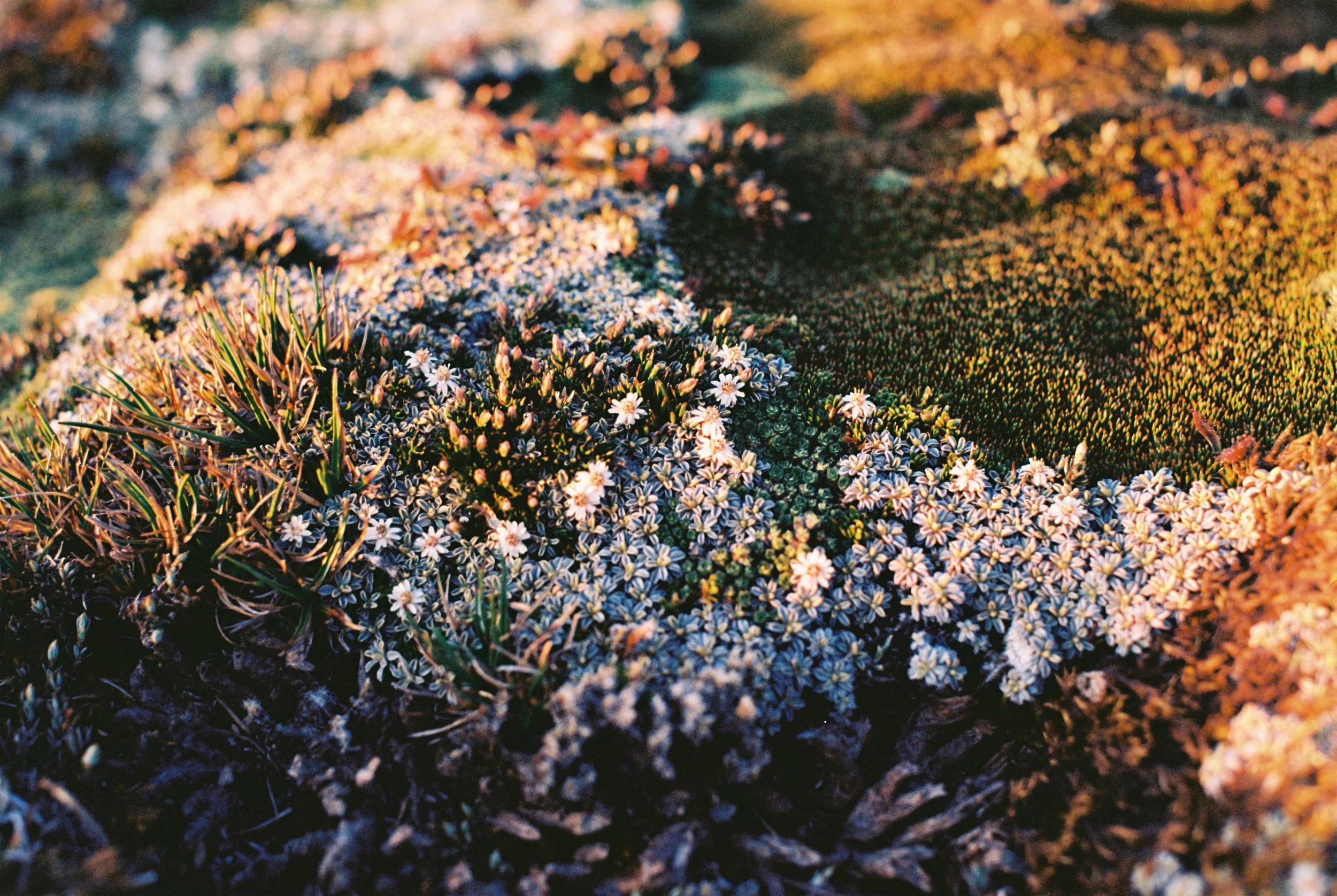by Bertrand Russell.
“Do not feel absolutely certain of anything.
Do not think it worthwhile to proceed by concealing evidence, for the evidence is sure to come to light.
Never try to discourage thinking, for you are sure to succeed.
Overcome arguments by arguments, not authority, for a victory dependent on authority is unreal and illusory.
Have no respect for the authority of others, for there are always contrary authorities to be found.
Do not use power to suppress opinions you think pernicious, for if you do, the opinions will suppress you.
Do not fear to be eccentric in opinion, for every opinion now accepted was once eccentric.
Find more pleasure in intelligent dissent than in passive agreement, for, if you value intelligence as you should, the former implies a deeper agreement than the latter.
Be scrupulously truthful, even if the truth is inconvenient, for it is more inconvenient when you try to conceal it.
Do not feel envious of the happiness of those who live in a fool’s paradise, for only a fool would think that it is happiness. “






















































